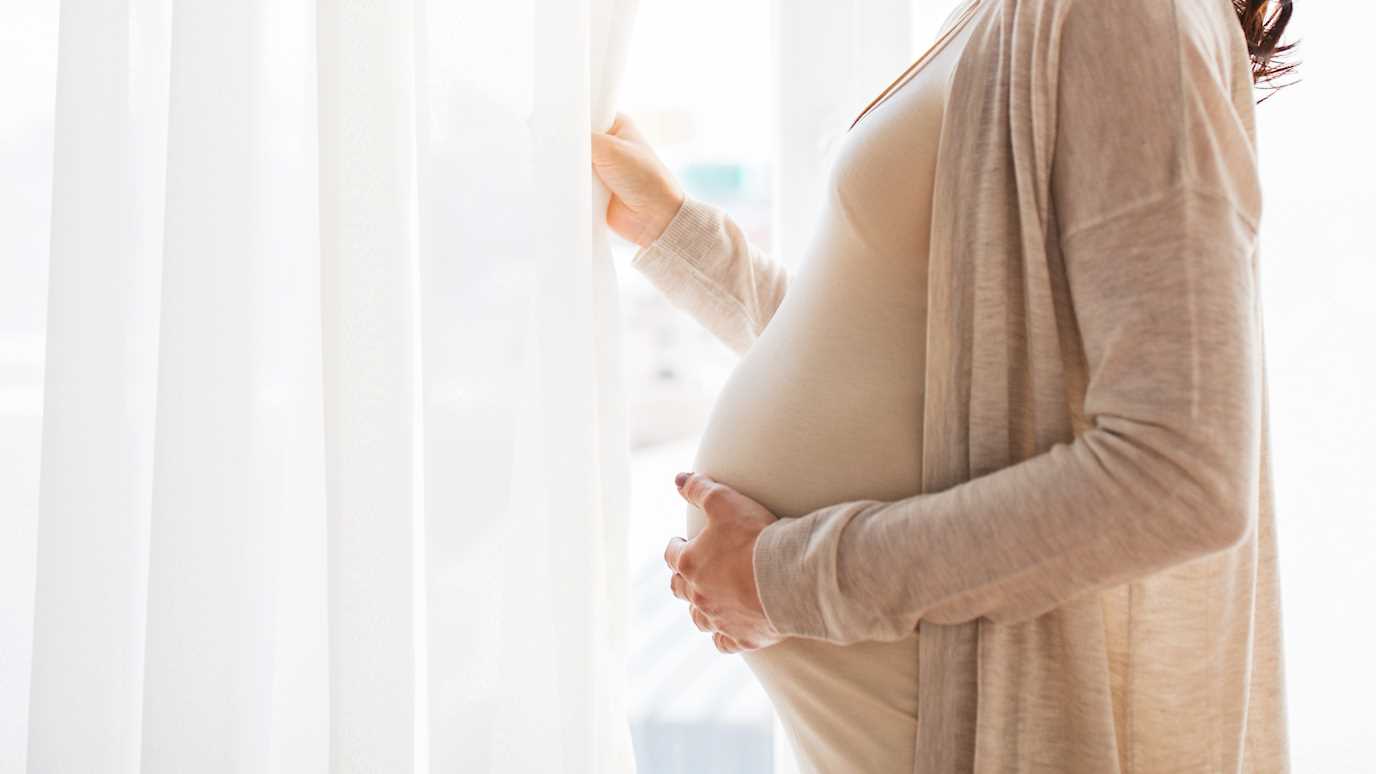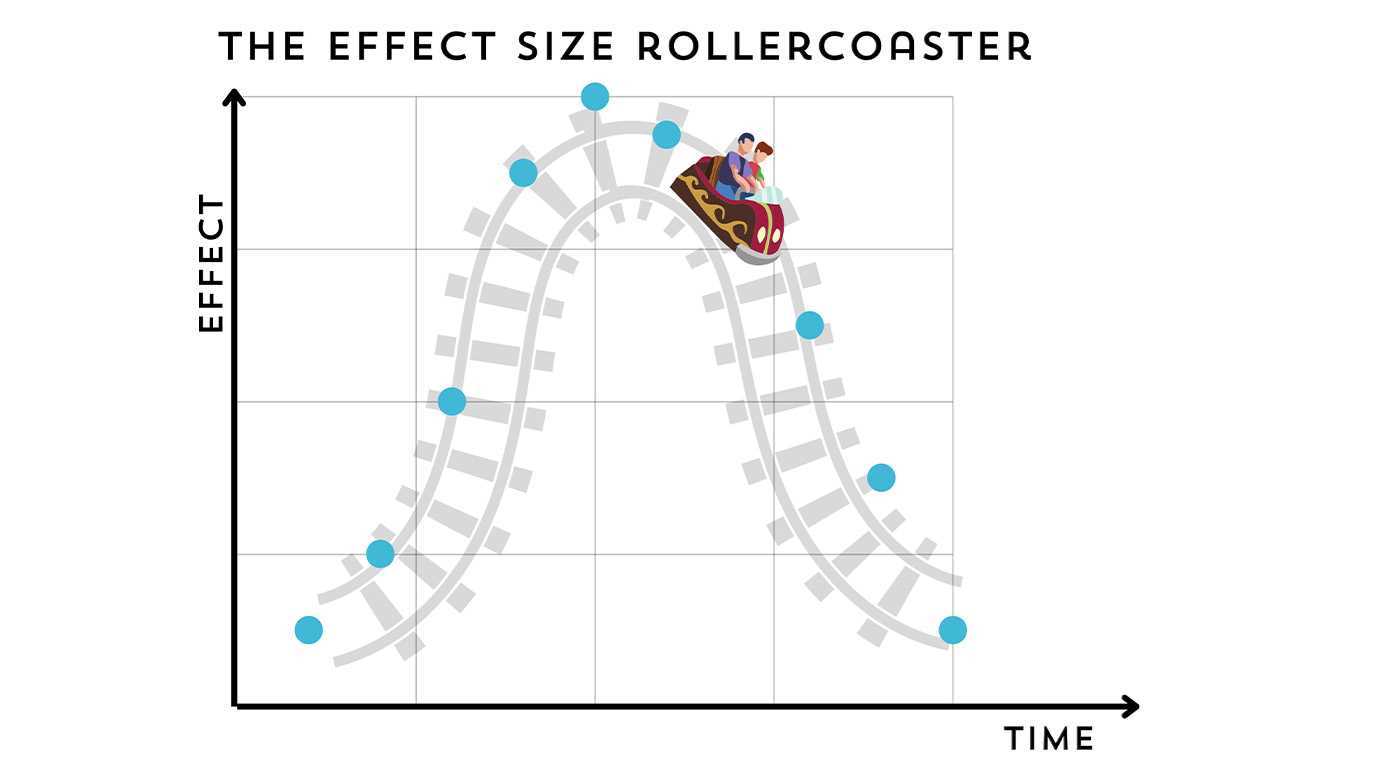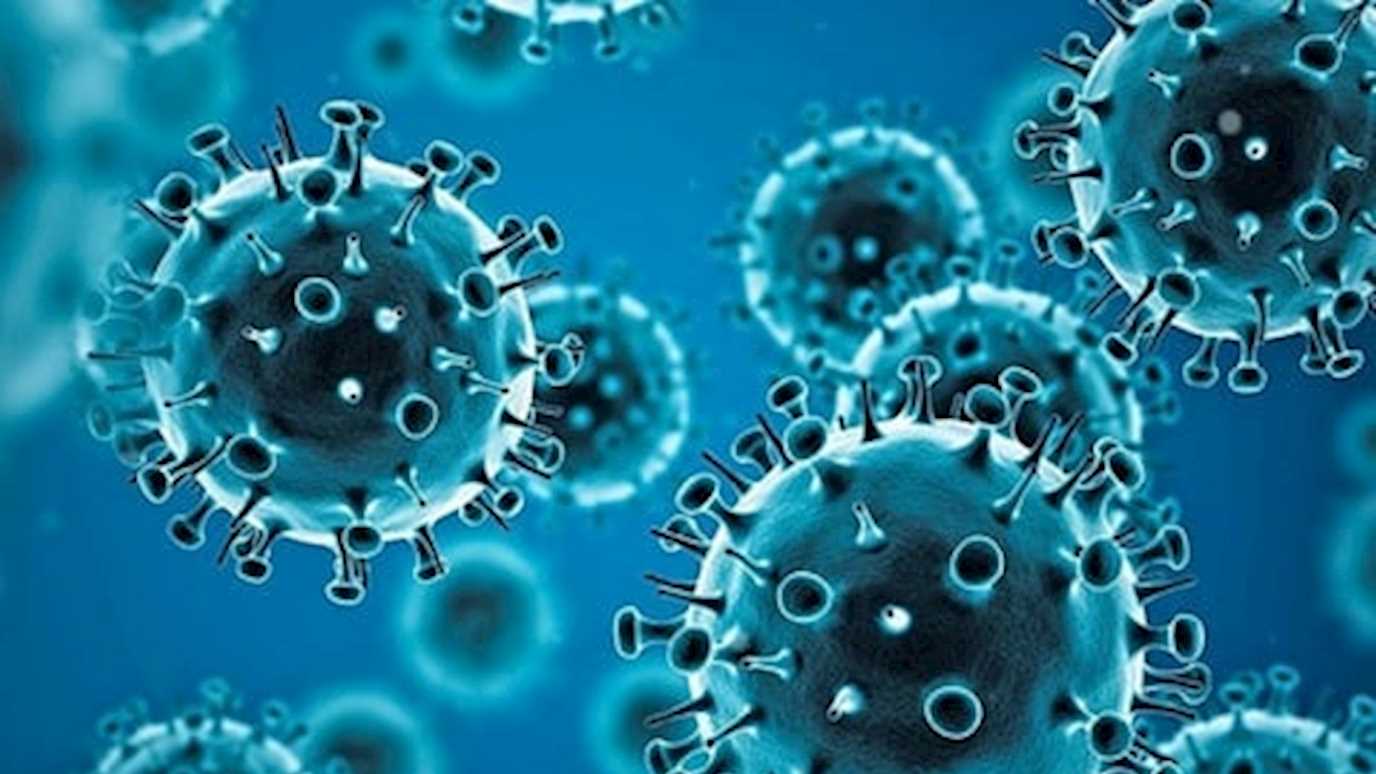New research by academics from Royal Holloway and The University of Western Ontario suggests that foetal cells in pregnant mothers, left from previous pregnancies with more than one partner, could raise the risk of health complications such as pre-eclampsia, during pregnancy and autoimmune diseases after pregnancy.

Through their entire life, mothers harbour foetal cells from each of their pregnancies. These cells are genetically different from the mothers’ own cells as they receive half of the genes from mum, but the other half from dad. The persistence of foetal cells in mothers turns them into what scientists call a ‘microchimera’.
The term microchimera reflects that mothers are formed by a combination of cells from different bodies – their own and all her children – in the same manner that the mythological chimera was formed by the combination of the bodies of lion, snake, and goat.
Offspring cells in mothers - foetal microchiomes - have been linked to autoimmune and reproductive health problems, but it is unclear their role in causing these health complications.
The key may be the genetic diversity in offspring cells introduced by the diversity of mating partners and the availability of this information in the mother’s own body.
Intriguingly, pregnant mothers having different partners in previous pregnancies are ten times more likely to experience pre-eclampsia than pregnant mothers having the same partner. (Robillard et al. The Lancet. 1994)
Professor Francisco Úbeda, from the Department of Biological Studies at Royal Holloway, said: “This evolutionary study is particularly interesting, as we do not know why women, who fall pregnant with different partners over time, have more health complications.
“This is consistent with the medical observations that microchimeric cells are more likely to be present in mothers experiencing preeclampsia and that mothers with multiple partners are more likely to experience preeclampsia.
“We contend that in this role, genetically diverse microchiomes are more likely to result in health problems and suggest medical interventions to address these problems. For example, changing the composition of the microchiome from more diverse to less diverse either by eliminating cells that are different or supplying cells that are equal.”
























